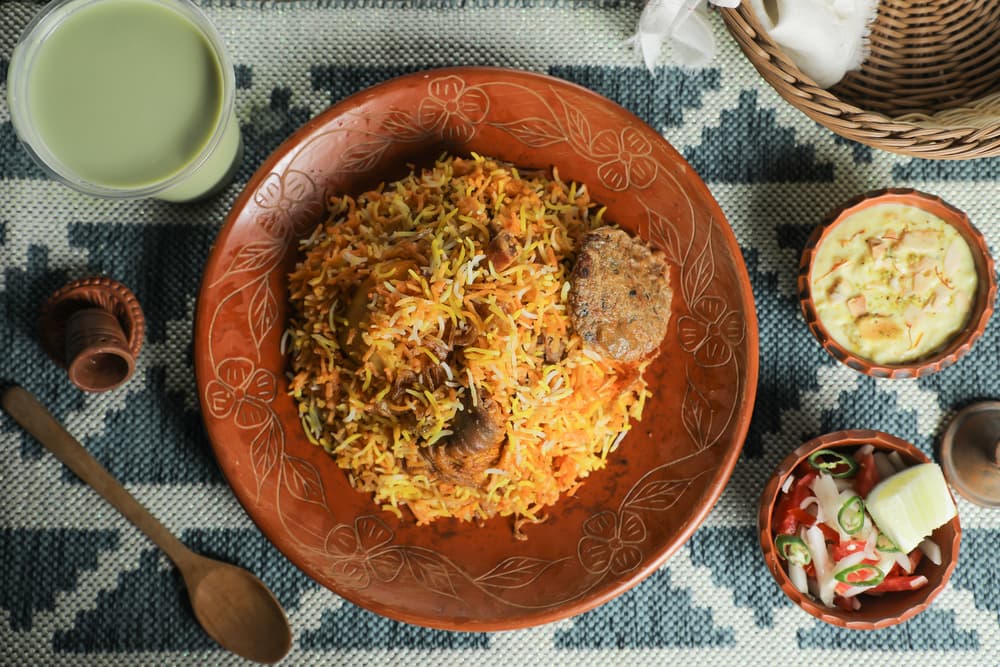Travelling opens up a world of exciting possibilities, and for elderly adventurers, the prospect of trying new cuisines can be both thrilling and daunting. Culinary exploration is an integral part of any journey, providing a unique window into the heart and soul of a destination. However, for elderly travellers, there are specific considerations to ensure a delightful and safe gastronomic experience. Here are 5 Essentials To Remember Before A Culinary Adventure Seniors should approach it with caution while travelling. Let’s understand it in depth. Let’s understand them in depth.
Health Precautions
Maintaining good health is paramount, especially when trying unfamiliar foods in foreign lands. Before diving into a new cuisine, elderly travellers should consult their healthcare provider to discuss dietary restrictions or health concerns. Certain medical conditions may require dietary modifications, and addressing these issues can prevent potential complications during the trip.
Additionally, it’s crucial to carry necessary medications, prescriptions, and a basic first aid kit. Different cuisines may contain ingredients that could trigger allergies or interact with existing medications. A clear understanding of one’s health needs and being prepared with the necessary supplies can ensure a smoother and more enjoyable culinary experience.
Researching Local Ingredients And Preparing A Culinary “Safe List”
One of the joys of exploring a new cuisine is immersing oneself in local flavours and ingredients. However, elderly travellers should be mindful of their dietary restrictions and preferences. Before embarking on a culinary adventure, it’s beneficial to research the staple ingredients of the destination’s cuisine.
Create a culinary “safe list” with foods that align with dietary restrictions or preferences. This list can act as a guide when navigating menus in local restaurants, helping elderly travellers make informed choices that cater to their unique needs. Awareness of common ingredients and a list of preferred options can enhance the dining experience while minimising potential health risks.
Adapting To Different Culinary Cultures
Every destination has its own culinary culture, shaped by history, geography, and local traditions. Elderly travellers should approach these diverse culinary landscapes with an open mind, ready to embrace new flavours and dining customs. It’s essential to be aware of local eating habits, meal times, and social norms surrounding food.
When trying a new cuisine, consider starting with milder dishes before progressing to spicier or more exotic options. This gradual approach allows the palate to acclimate and reduces the risk of digestive discomfort. Moreover, engaging with locals and seeking their recommendations can provide valuable insights into the destination’s best and safest culinary experiences.
Hydration And Food Safety
Staying hydrated is crucial, especially in unfamiliar climates where the body may require additional fluids. Elderly travellers should make a conscious effort to drink plenty of water throughout their culinary adventures. Opting for bottled or purified water is advisable to avoid potential waterborne illnesses.
Food safety is another paramount consideration. Eating at establishments with proper hygiene practices can significantly reduce the risk of foodborne illnesses. Avoiding street food or establishments with questionable cleanliness is a prudent choice. Additionally, thoroughly washing hands before and after meals and carrying hand sanitiser adds an extra layer of protection against germs.
Accessibility And Comfort
Exploring new cuisines often involves navigating different dining environments. Elderly travellers should consider the accessibility and comfort of dining venues to ensure a pleasant experience. Look for restaurants with comfortable seating, adequate lighting, and easily accessible facilities.
Furthermore, planning meals at reasonable times is advisable to avoid crowded or rushed dining experiences. Making reservations can help secure a comfortable dining spot and reduce waiting times. Being mindful of the physical demands of exploration and planning accordingly can contribute to a more enjoyable and relaxed culinary journey.





